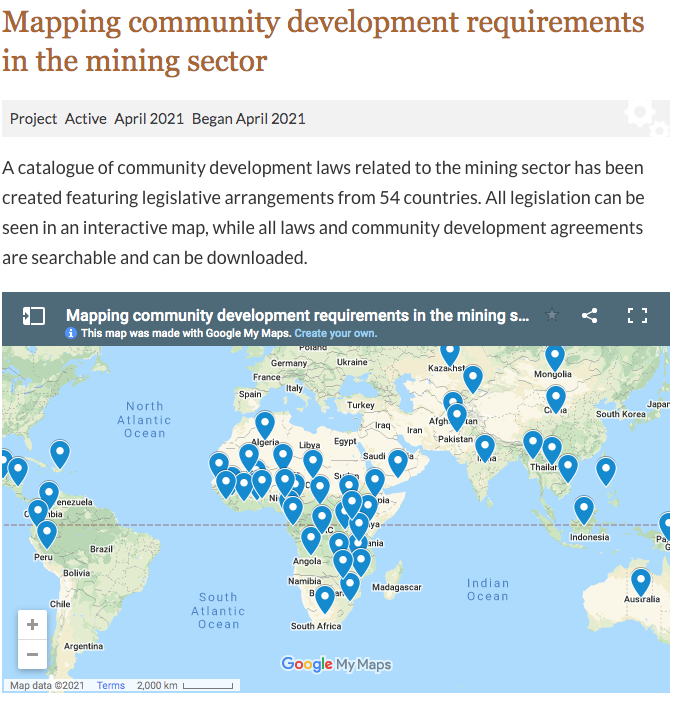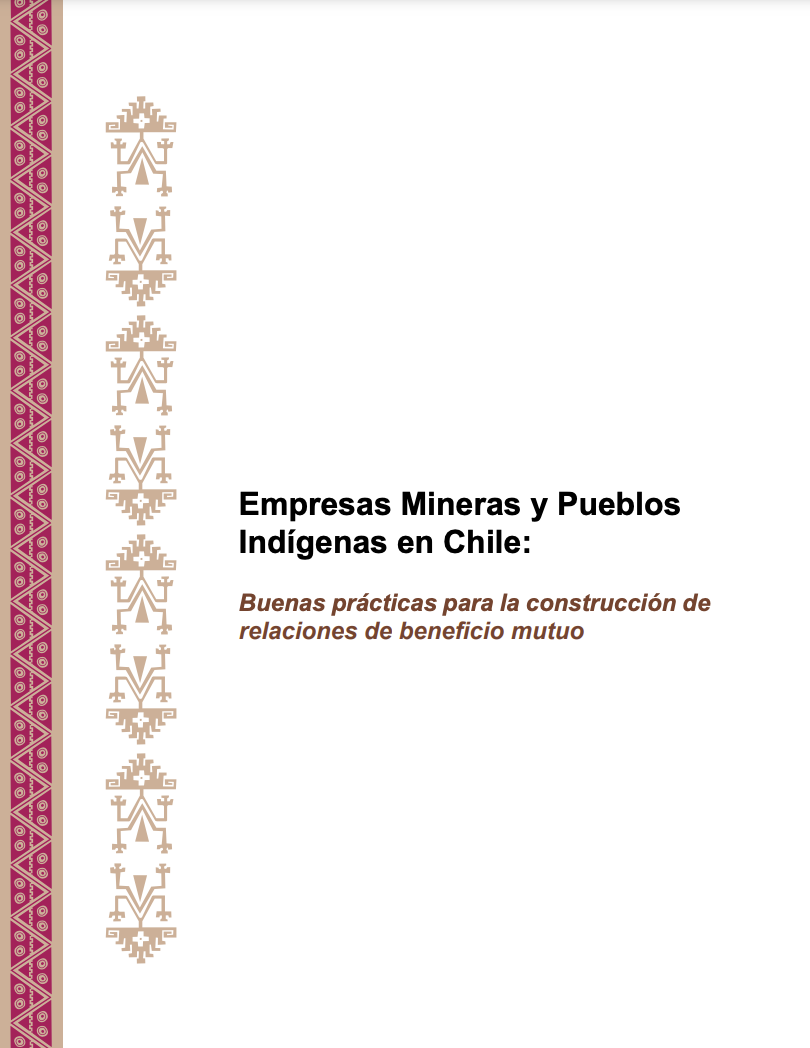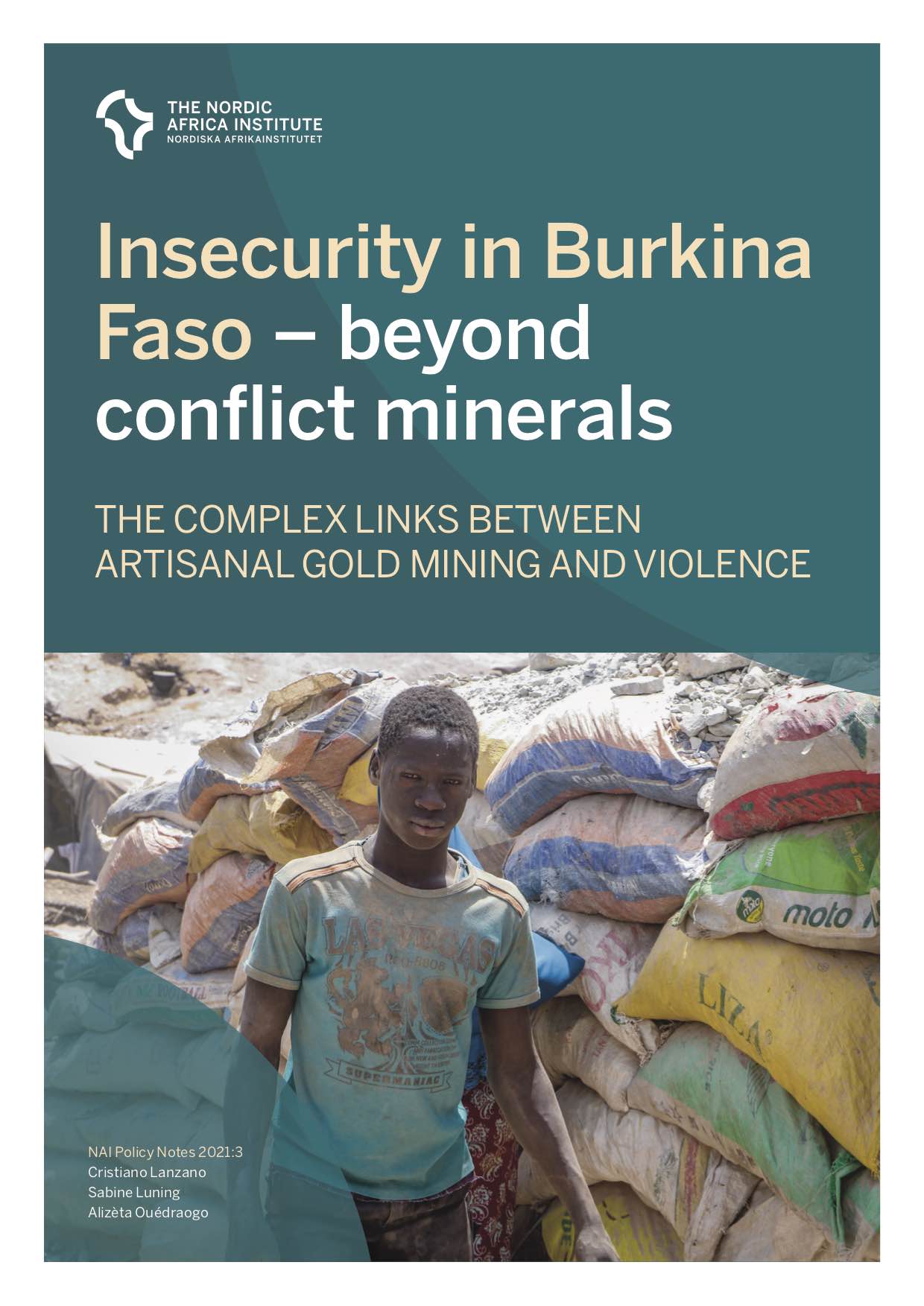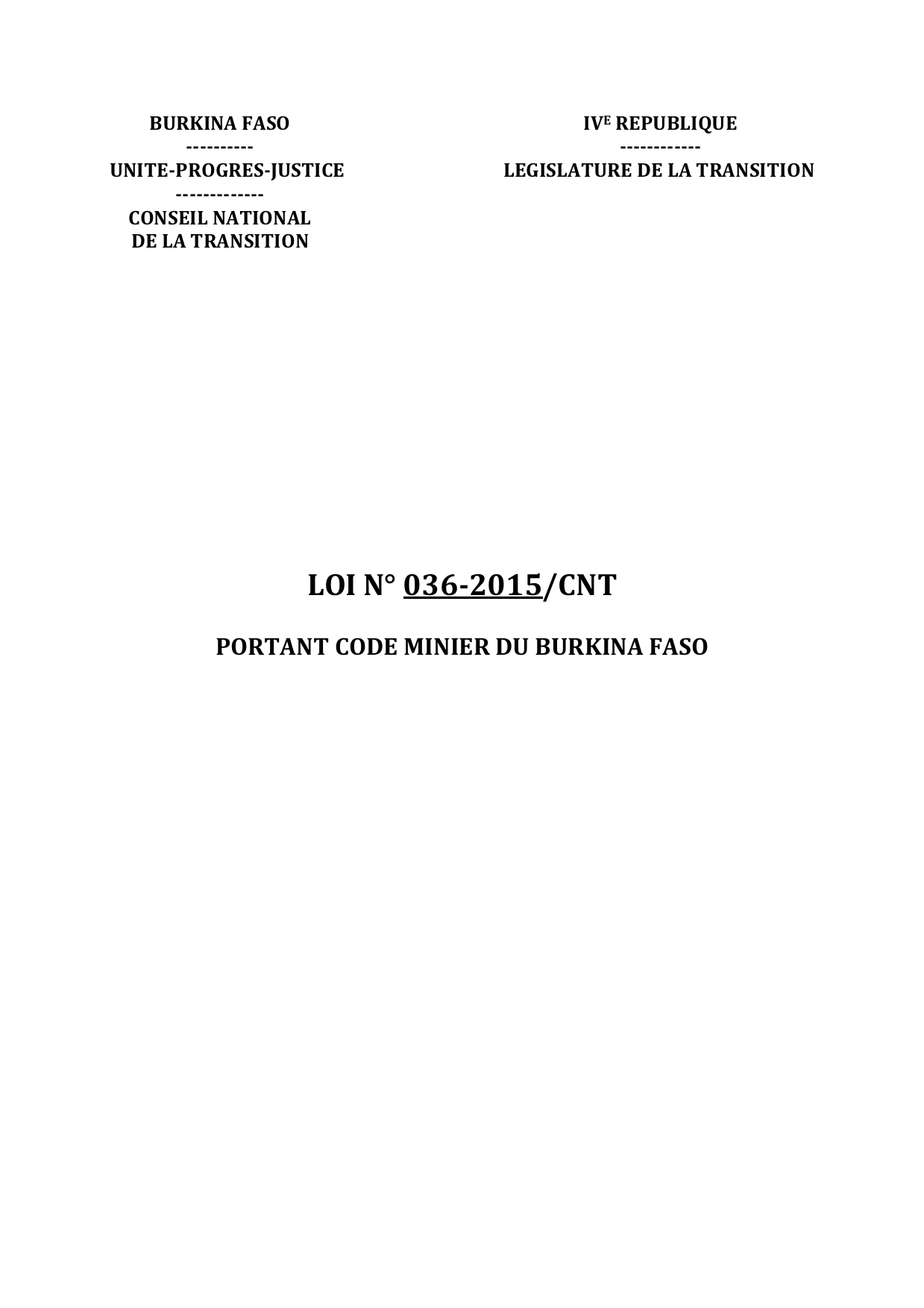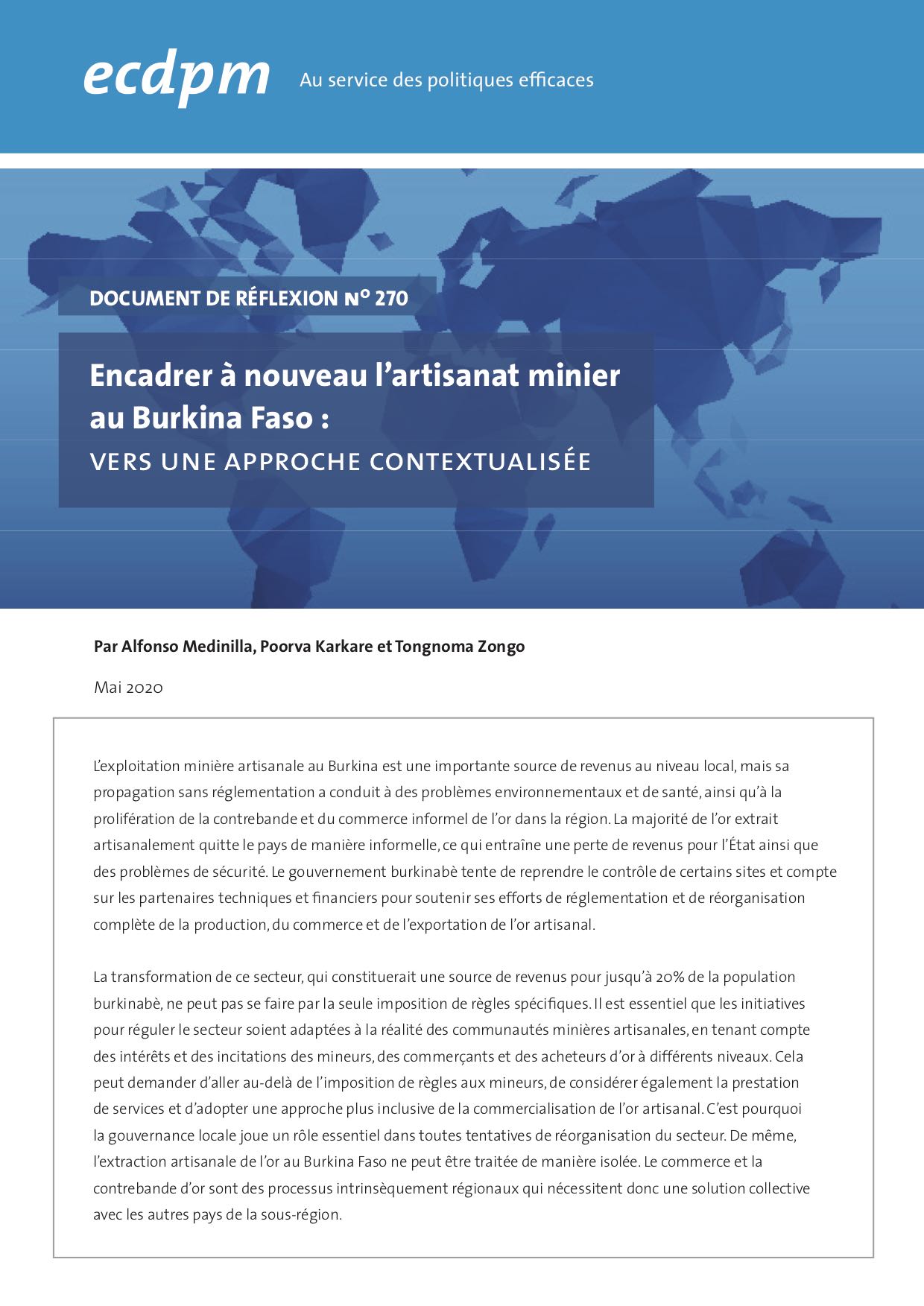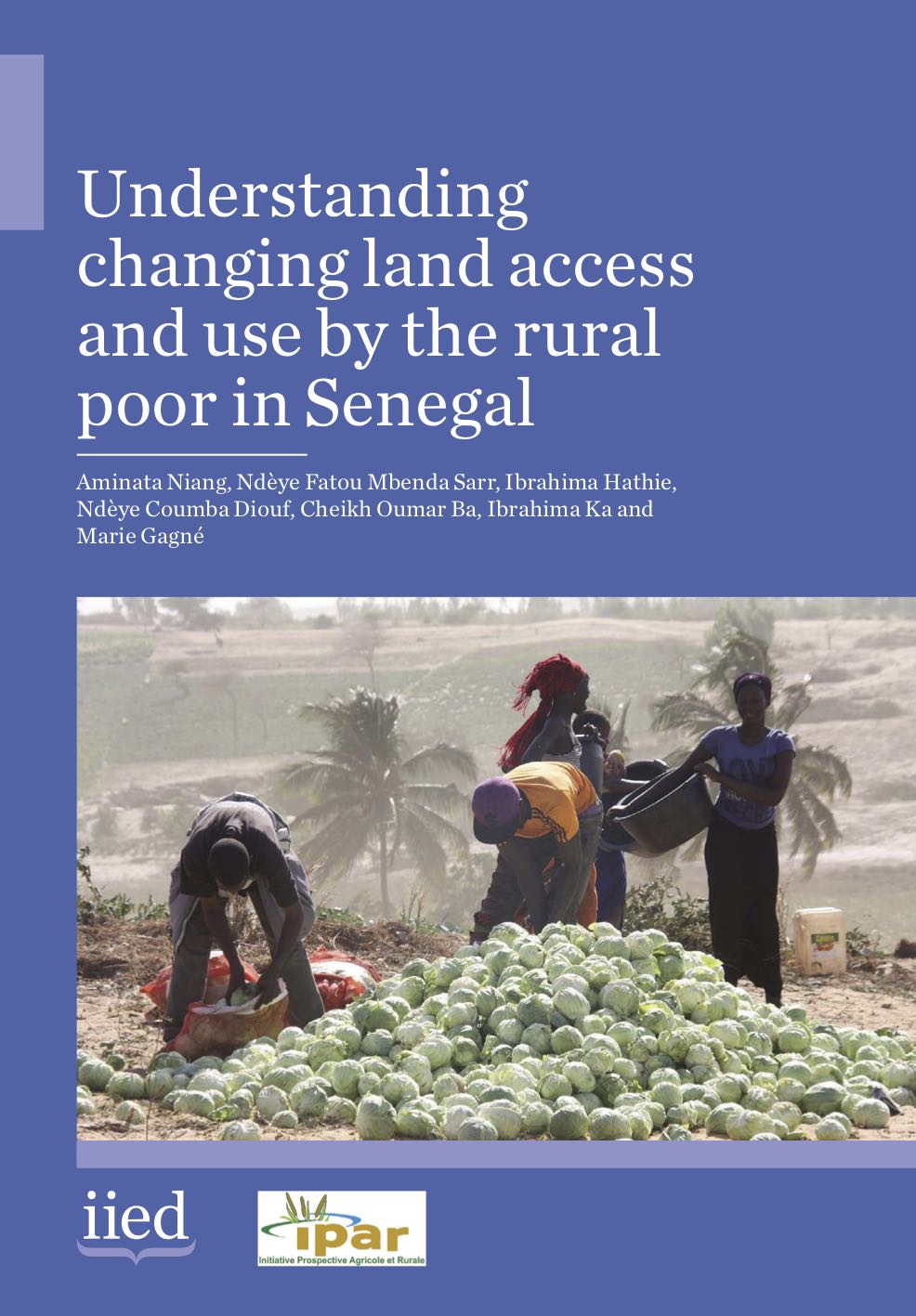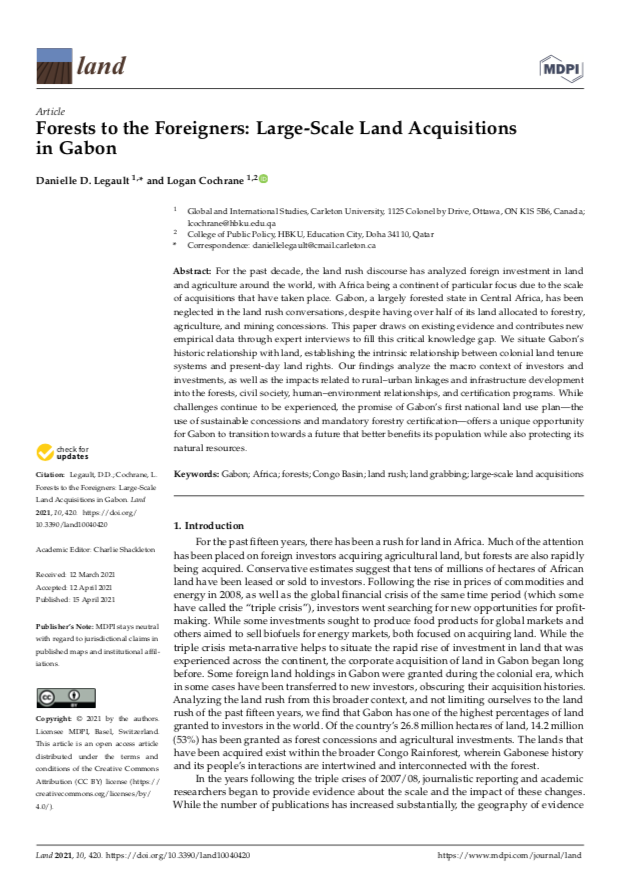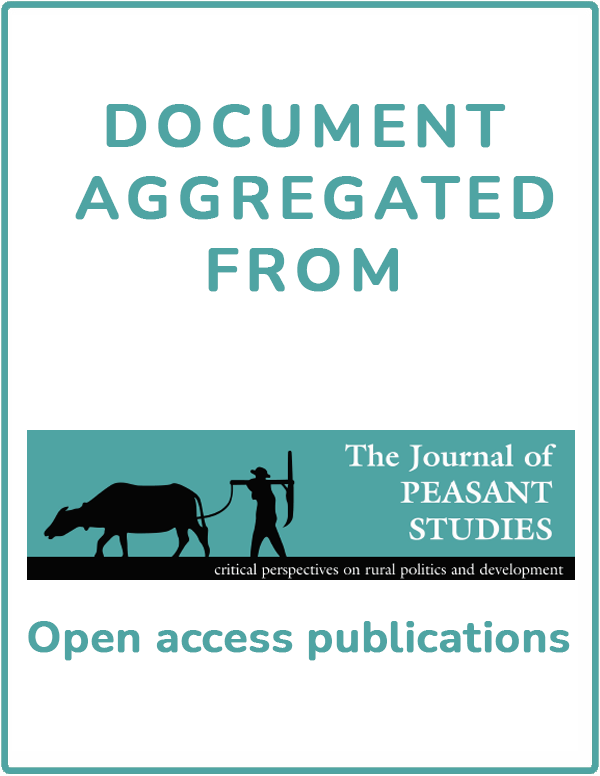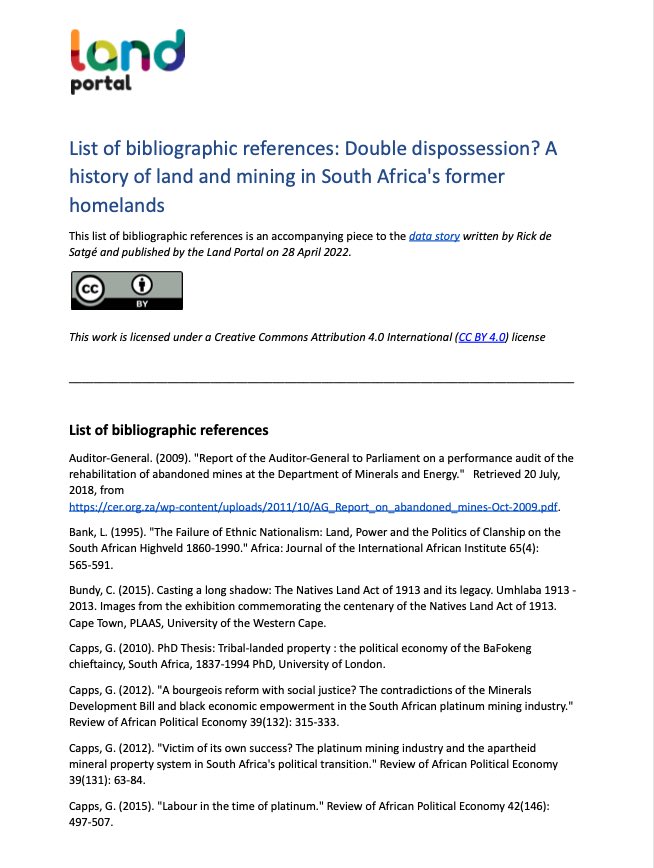Mapping community development requirements in the mining sector
IIED, the Sustainable Development Strategies Group (SDSG) and the Columbia Center on Sustainable Investment (CCSI) have created a collection of community development laws for the mining sector to encourage and facilitate better research and policy. The resource, with all community development laws available to search via the map above and all legislation and agreements in the list below, includes relevant legislation from 54 countries. All documents are available to download in PDF format.

